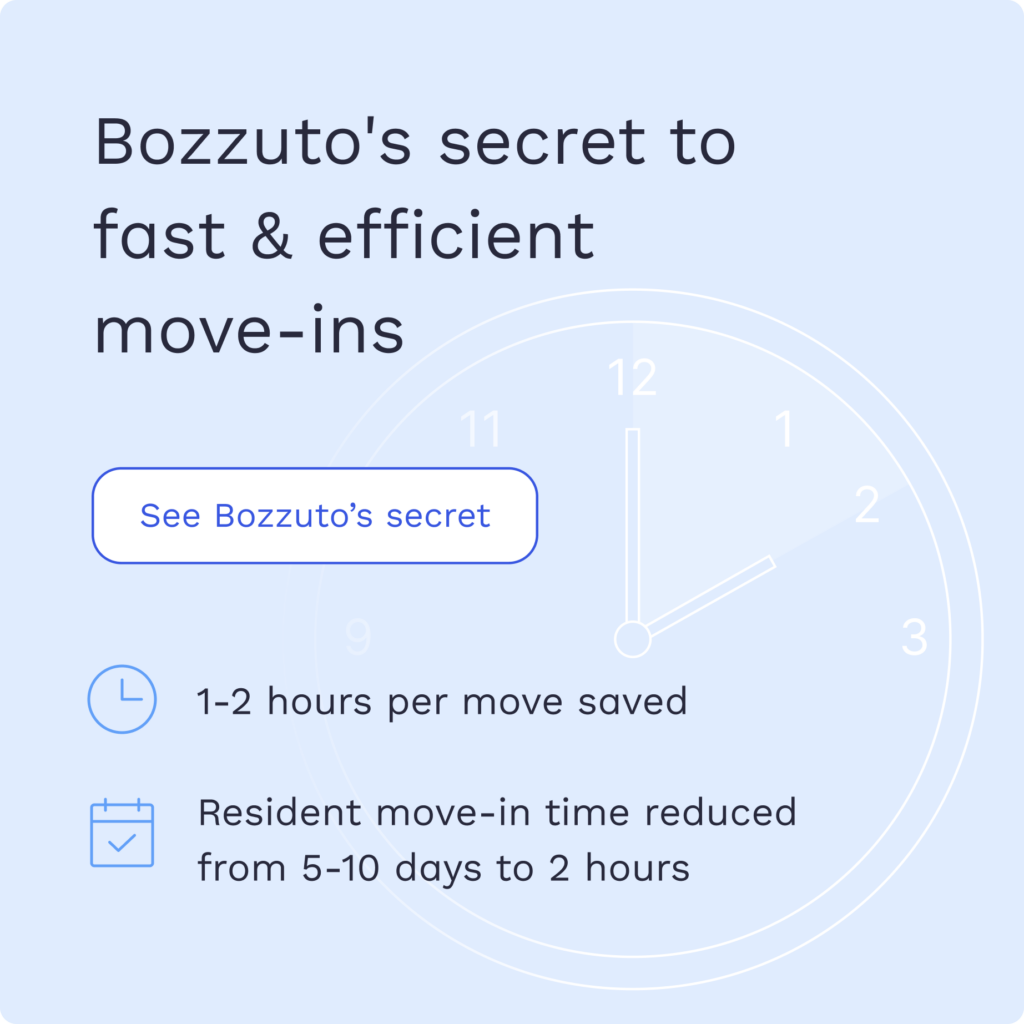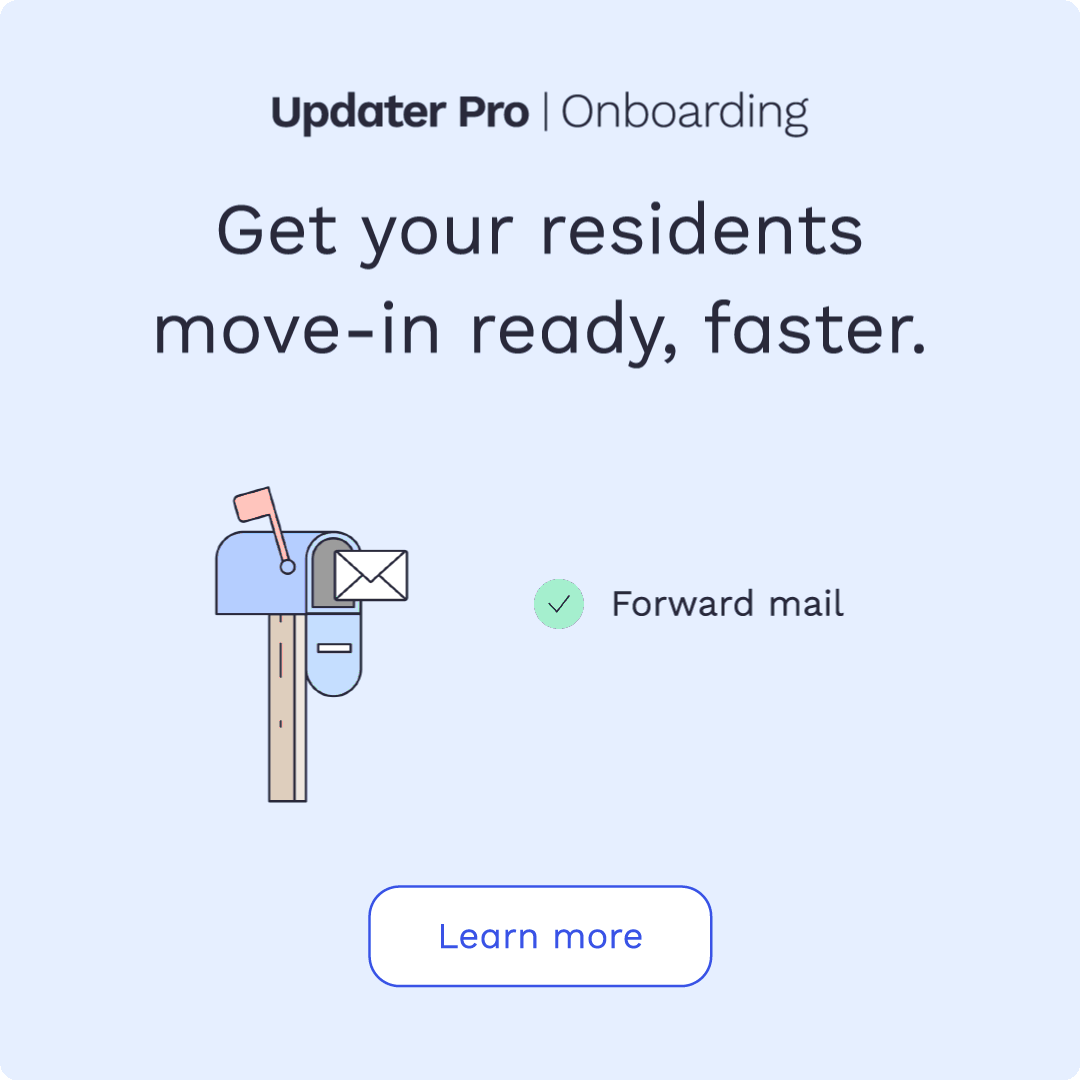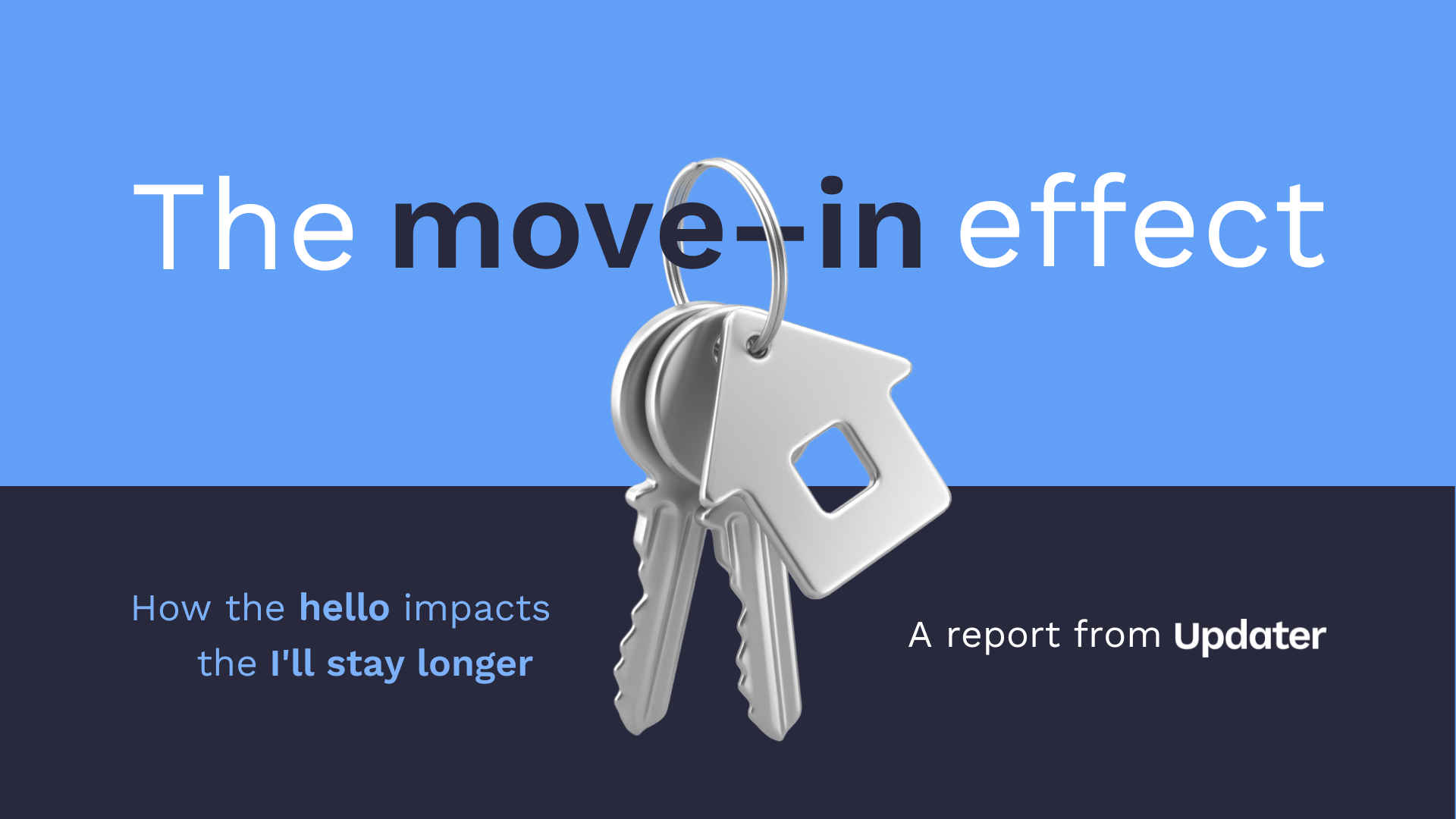Top-notch strategies for phone sales
5 proven tactics to lease more apartments over the phone

Included in this guide:
- Why our phone sales tips are over-qualified
- 1. How to foster empathy-driven phone sales
- 2. How to utilize layered questioning and progressive discovery
- 3. How to adopt an assumptive approach
- 4. How to acknowledge prospect concerns and objections
- 5. How to perform first-class follow-ups
Why our phone sales tips are over-qualified
When it comes to phone-selling tactics for leasing agents, the wisdom of Stan Johnson is a deep well. Johnson, Updater’s Director of Call Center Sales, has decades of experience and success in the field. For potential renters, choosing a new home comes with a lot of questions, concerns, and considerations. Getting buyers comfortable and confident is Johnson’s area of unique expertise.
In fact, his insights and strategies have been so instrumental in driving success at Updater that we decided to pick his brain and compile those decades of knowledge into a readable — and hackable! — format others can follow and implement with success.
So, from one of the best in the business straight to you, prepare to take your leasing phone sales game to new heights and make Johnson’s decades of success work instantly for you. Whether you’re a seasoned pro or just starting out, these tactics will elevate your skills and boost your conversions.
1. Empathic exchange
Nobody likes a hard, sales-driven business conversation with a palpable agenda. A customer can literally feel the pressure underneath this type of tone. Empathy moves mountains when it comes to driving phone sales — especially when it comes to something as stressful as finding a new home. Communication is key, and getting to know the person you’re speaking with is essential.
The best way to understand your customer’s needs, according to Johnson, is by asking open-ended questions. Let them run with their responses, for as long as it takes. Let them feel seen and understood, without quickly jumping to the next bullet point on your sales to-do list. Potential renters have loads of questions. It’s more than simply someone occupying a space; so, make them feel confident that other renters are happy, residential needs are met, and community issues are quickly remedied.
Johnson also underscores the importance of showing genuine concern and empathy for an individual’s situation. He coaches to step outside of the business-based mind for a moment and view the exchange as though you’re talking to a good friend. How would you show up for someone who you have a personal relationship with? Build trust by demonstrating that you’re here to help, not just sell. Offer solutions, encouragement, and advice instead of focusing solely on a strategy.
2. Progressive discovery
More details always live underneath a surface share, so it often requires a bit of focused encouragement to convince someone to reveal deeper levels of information. Johnson suggests asking layered questions, a technique he’s found to uncover deeper insights into a customer’s needs.
- To layer your questions, first ask preliminaries — questions that initiate the conversation and reveal data, thoughts, situations, and behaviors — answering the basic who, what, where, whens. For example, don’t just ask how many bedrooms they need, but what they plan to use them for. It might help you find an option tailored to their specific needs.
- Next, layer your questions by focusing on the whys. The whys are geared toward revealing even more information about first-layer responses. They make a customer think it all through and assess their level-one response more deeply. Maybe a prospect is looking for something specific because they had a bad experience in their previous community. Now, you have the opportunity to share how their experience in your community would be different.
- The most important piece in the layering process is the third, which targets the hows. Encourage a customer to share the emotional reasons behind why they would benefit from your service or product. If the purchase makes a person feel closer to meeting their own needs and desires, action is likely. This level of questioning requires an empathic element as well.
Progressive discovery is achieved by slowly and systematically beginning to understand a customer’s real needs when it comes to an apartment and community, rather than pushing the lease — through the method of questioning. By relating to their previous renting experiences and preferences at deeper levels, you’ll tailor your recommendations effectively.
3. Assumptive sales
Most times, assumptions are dangerous. But in the case of phone sales for leasing agents, it’s the exact opposite. The key to making a sale is to assume it’s already closed. It’s highly likely that a potential renter has already seen your advertising, so you are entering the conversation knowing that they like the community enough to call. Because of this, Johnson suggests guiding the conversation toward the next step of the sales process as though it’s a natural progression.
He also shares that taking a proactive approach is critical when scheduling appointments and leasing apartments — be sure to position yourself 10 steps ahead of any current action, and be the architect of your sales timeline. While the assumptive process is underway, Johnson says to continually instill confidence in the customer — assuring them that they’re making the right choice.
4. Objection mastery
In life, everyone wants to be heard and acknowledged, and the customer is no different. An important piece in Johnson’s method involves listening attentively to a customer’s concerns and objections, and being sure to acknowledge their worries by offering solutions and alternatives. The best way to do this is to have a deep understanding of your competitive landscape so you can speak honestly about how you compare to other communities they may have already toured or are planning to see. Always share the positive experiences other tenants have had, and how the community offered solution-based ways to address tenant concerns and keep residents happy!
By painting a vivid picture of the benefits they’ll miss if they don’t proceed or if they go with a competitive community, interest will shift in the direction of what’s being offered. Through this shift, they’ll also become aware of how turning the offer down might yield unfavorable outcomes.
5. First class follow-ups
Don’t underestimate the power of reminders — albeit gentle ones. No one likes a pushy agent. Initiate friendly check-in’s to keep a customer’s energy focused on your recent conversation. Day to day, so much happens, which is why it’s important to steer their thoughts back to your community. Always keep your promises and follow through with commitments. Johnson recommends setting clear guidelines for all follow-up communications with your buyer — a facet of exceptional customer service that exceeds expectations.

Stan Johnson, US Army Veteran, holds over 38 years in telecommunications, 20 years honing his skills in sales, and can confidently weigh in as a seasoned professional. In short — through the passage of time, and his own trial and error, he’s mastered the in’s, out’s, do’s, and don’ts of a field where most players get it all wrong.
Glossary:
Empathic exchange: The ability to understand and share the feelings of another in two-way communication.
Progressive discovery: A layered method of uncovering information through a series of questions, each one probing more deeply.
Assumptive sales: Acting as though the customer has already decided to make a purchase.
Objection mastery: Techniques for addressing customer concerns or hesitations by providing solutions.
First-class follow-ups: Engaging in continued communication with potential buyers after initial contact.
You’re now ready to unlock the secrets of masterful phone leasing with these timeless tactics. So put down this eBook, pick up the phone, and start closing leases like never before!
More Industry Insights

6 Ways Centralized Leasing is Revolutionizing Multifamily
24 April 2024

5 proven tactics to lease more apartments over the phone
23 April 2024












